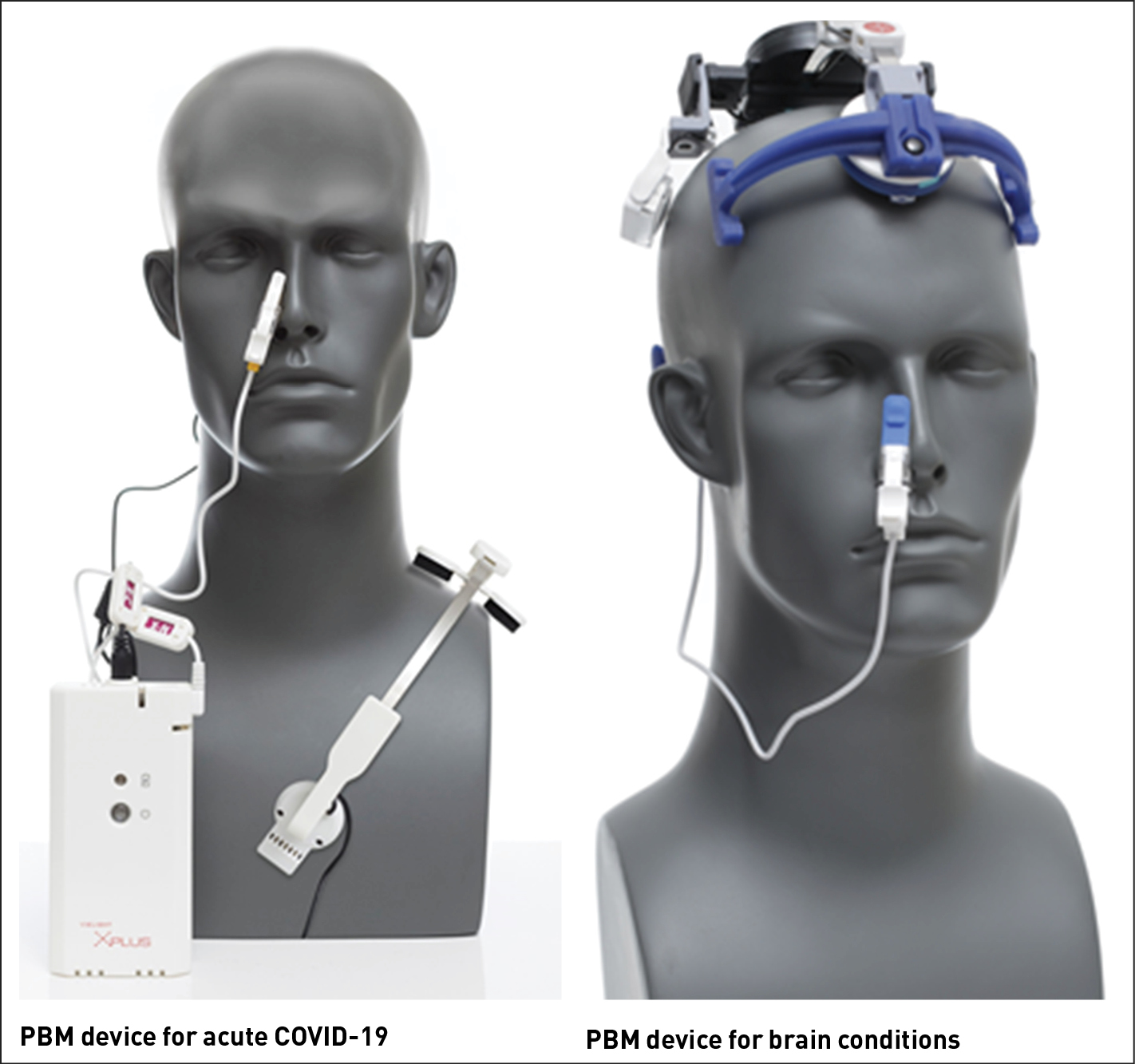PBM has already showcased its merit in managing conditions such as dementia, both acute and long Covid, chronic pain, and traumatic brain injuries.
During a recent visit to the Manipal Academy of Higher Education (MAHE), I had the honour of presenting and discussing Photobiomodulation (PBM), an emerging medical technology that harnesses near-infrared light to treat a number of medical conditions. As I wandered MAHE’s corridors and engaged in rich dialogue with fellow researchers and clinicians, it became abundantly clear: India’s research prowess, coupled with its unique healthcare challenges, provides a fertile landscape for pioneering PBM’s next steps.
For those unfamiliar, PBM is the novel nexus of science and therapeutic care that has become increasingly significant as an alternative or adjunct to pharmaceuticals. The method’s uniqueness lies in its ability to deliver tangible medical benefits in ways that some pharmaceutical drugs have yet to achieve.
Consider the Vielight RX Plus, a Canadian-approved medical device designed for home use. Retailing at USD 500, this one-time investment has exhibited significant efficacy in expediting recovery from acute Covid infections. Another innovation from the same stable, the Vielight Neuro, awaits Canadian regulatory nods for conditions like traumatic brain injury and autism and is also in clinical trials for potential US approval for addressing dementia and long Covid.
While the West continues its validation processes, it’s crucial for India to recognize and seize the potential of PBM. The technology has already showcased its merit in managing conditions such as dementia, both acute and long Covid, chronic pain, and traumatic brain injuries—areas where my team and I have invested significant research and expertise. PBM’s allure isn’t merely its non-invasiveness; it resonates with the body’s natural healing rhythms, acting as a catalyst for cellular recovery. This scientific foundation is robust and expanding, and India has the groundwork to establish itself as a PBM hub.
Historically, India’s medical journey intertwines millennia-old practices like Ayurveda and Yoga with modern breakthroughs, exemplified by its dominance in the generic drug industry. Such a trajectory mirrors the essence of PBM, blending ancient holistic wisdom with advanced medical technology.
Reflecting on this, PBM’s path in India appears poised for success. The nation’s aptitude for adapting, innovating, and upscaling healthcare interventions provides a ripe environment for PBM’s growth. My group, with its extensive PBM portfolio and myriad patents, is eager to collaborate with Indian institutions. Our objective? Foster a robust PBM knowledge base in India. This endeavour will also enhance our global network, bringing onboard Indian intellect and further strengthening our existing ties with global institutions like Harvard University, University of Toronto, and the University of California, San Francisco.
But PBM’s essence extends beyond its therapeutic applications. Its procedures promise reduced convalescence periods and minimal side effects, heralding a shift from traditional invasive interventions and long-term drug protocols. It’s this inherent compatibility
The enthusiasm I witnessed at MAHE transcended academic curiosity. The palpable zeal hinted at India’s transition from a mere PBM observer to a potential global trailblazer. India’s receptivity to non-pharmaceutical therapies, coupled with its vast population, makes it a fertile ground for a successful PBM initiative.
India’s pharmaceutical acumen, bolstered by its extensive scientific talent pool, suggests a promising future for PBM. The nation stands on the precipice of transitioning from a small PBM market consumer to an influential global PBM stakeholder. Analogous to its triumph in the generic drug sector, India has the potential to set PBM market standards, leveraging competitive pricing underpinned by rigorous research.
Beyond economic and academic realms, the larger narrative is about enhancing human life quality. PBM’s therapeutic expanse can significantly ameliorate healthcare outcomes for countless individuals. As India delves deeper into PBM, the nation’s diverse patient demographics promise invaluable data, refining treatment methodologies for a plethora of patient profiles. Economically, embracing PBM could yield significant returns. While the PBM market is nascent compared to the pharmaceutical industry, its therapeutic efficacy, sans side effects, suggests exponential growth. Strategic investments in PBM could revolutionize India’s healthcare sector, catalyzing medical research and uplifting patient care standards.
In summary, my interactions at MAHE underscored a potential medical revolution. With academia’s collaborative ethos, industry insights, and forward-thinking vision, India could soon transition from merely embracing PBM to shaping its global journey.
Dr Lew Lim is CEO, Vielight Inc.

